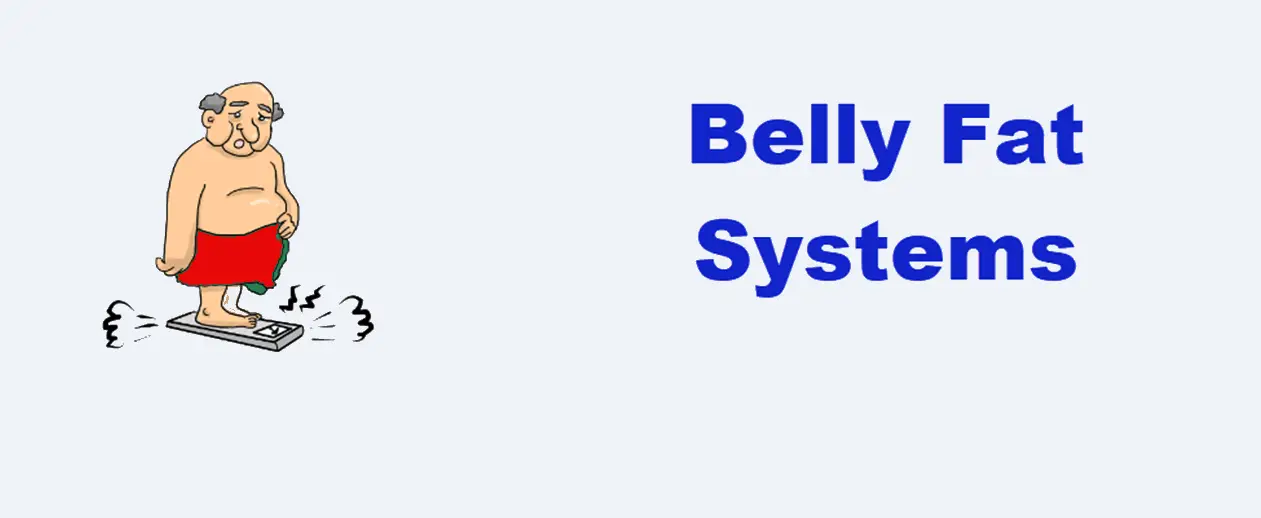Battling belly fat can be daunting for many individuals. Not only is it aesthetically displeasing, but it’s also linked to various health risks, such as heart disease and type 2 diabetes. However, shedding those stubborn inches around your waist with the right approach backed by scientific research can be achievable. This article delves into 18 evidence-based tips to help you effectively lose belly fat and improve your overall health.
1. Prioritize Soluble Fiber:
Soluble fiber absorbs water and forms a gel-like substance in your gut, slowing down food digestion and promoting feelings of fullness. Foods rich in soluble fiber include oats, flaxseeds, legumes, and fruits like apples and oranges. Consuming these regularly can help reduce belly fat accumulation.
2. Consume Whole Grains:
Swap refined grains for whole grains like brown rice, quinoa, and whole wheat bread. Whole grains are rich in fiber and nutrients, which can aid in weight loss and reduce visceral fat, the type of fat that accumulates around your organs and contributes to belly fat.
3. Incorporate Lean Protein:
Protein is essential for muscle repair and growth and helps keep you feeling full for longer periods. To support your weight loss efforts and maintain muscle mass, opt for lean protein sources such as chicken breast, fish, tofu, and beans.
4. Minimize Added Sugars:
Excessive sugar intake, especially from sugary beverages and processed foods, is strongly linked to belly fat accumulation. Be mindful of hidden sugars in products like flavored yogurts, sauces, and cereals, and opt for natural sweeteners like honey or stevia when needed.
5. Choose Healthy Fats:
Not all fats are created equal. Incorporate sources of healthy fats such as avocados, nuts, seeds, and olive oil into your diet. These fats can help reduce inflammation and promote satiety, ultimately aiding in belly fat loss.
6. Limit Trans Fats:
Trans fats, often found in processed and fried foods, are notorious for promoting belly fat accumulation and increasing the risk of various health issues. Check food labels and opt for trans-fat-free alternatives whenever possible to support your weight loss goals.
7. Practice Mindful Eating:
Mindful eating involves paying attention to your food choices and eating habits without judgment. By slowing down and savoring each bite, you’re more likely to recognize hunger and fullness cues, leading to better portion control and reduced belly fat.
8. Stay Hydrated:
Drinking adequate water throughout the day can help curb cravings and prevent overeating. Additionally, staying hydrated supports proper digestion and metabolism, which are crucial for losing belly fat.
9. Get Sufficient Sleep:
Poor sleep quality and duration have been associated with increased belly fat and weight gain. Aim for seven to nine hours of quality sleep per night to support your weight loss efforts and overall health.
10. Manage Stress Levels:
Chronic stress triggers the release of cortisol, a hormone that promotes fat storage, particularly in the abdominal area. To combat belly fat, incorporate stress-reducing activities such as meditation, yoga, or deep breathing exercises into your daily routine.
11. Incorporate High-Intensity Interval Training (HIIT):
HIIT workouts involve short bursts of intense exercise followed by brief periods of rest or low-intensity activity. Research suggests that HIIT can be particularly effective at reducing belly fat and improving overall fitness levels in a shorter time than steady-state cardio.
12. Lift Weights:
Resistance training, such as weightlifting or bodyweight exercises, can help increase muscle mass and boost metabolism, leading to greater calorie burning throughout the day. Aim to incorporate strength training exercises into your routine at least two to three times per week.
13. Increase Physical Activity:
In addition to structured exercise sessions, increasing your overall physical activity levels can contribute to belly fat loss. Take the stairs instead of the elevator, walk or bike to nearby destinations, and engage in activities you enjoy that get you moving regularly.
14. Monitor Portion Sizes:
Even healthy foods can contribute to weight gain if consumed in excessive amounts. Pay attention to portion sizes and use tools like measuring cups or your hand as a guide to help control calorie intake and promote belly fat loss.
15. Be Consistent:
Consistency is vital in losing belly fat and maintaining a healthy weight. Establishing sustainable habits and gradually changing your diet and lifestyle can lead to long-term success in reducing abdominal fat.
16. Set Realistic Goals:
Set achievable goals for yourself based on your individual needs and preferences. Focus on making progress rather than aiming for perfection, and celebrate your accomplishments to stay motivated on your journey to losing belly fat.
17. Seek Support:
Don’t hesitate to seek Support from friends, family, or healthcare professionals as you work towards your weight loss goals. Surrounding yourself with a supportive network can provide encouragement, accountability, and guidance when needed.
18. Be Patient and Persistent:
Losing belly fat takes time and effort, so stay patient and persistent. Remember that small changes add up over time, and with dedication and perseverance, you can achieve your desired results and improve your overall health and well-being.
Conclusion:
Losing belly fat is not just about improving your appearance; it’s also about reducing your risk of various health issues and enhancing your quality of life. By incorporating evidence-based strategies such as prioritizing soluble fiber, choosing healthy fats, and engaging in regular exercise, you can unlock the secrets to shedding those stubborn inches around your waist and achieving long-term success in your weight loss journey. Start implementing these tips today and take control of your health and fitness for a happier, healthier future.





